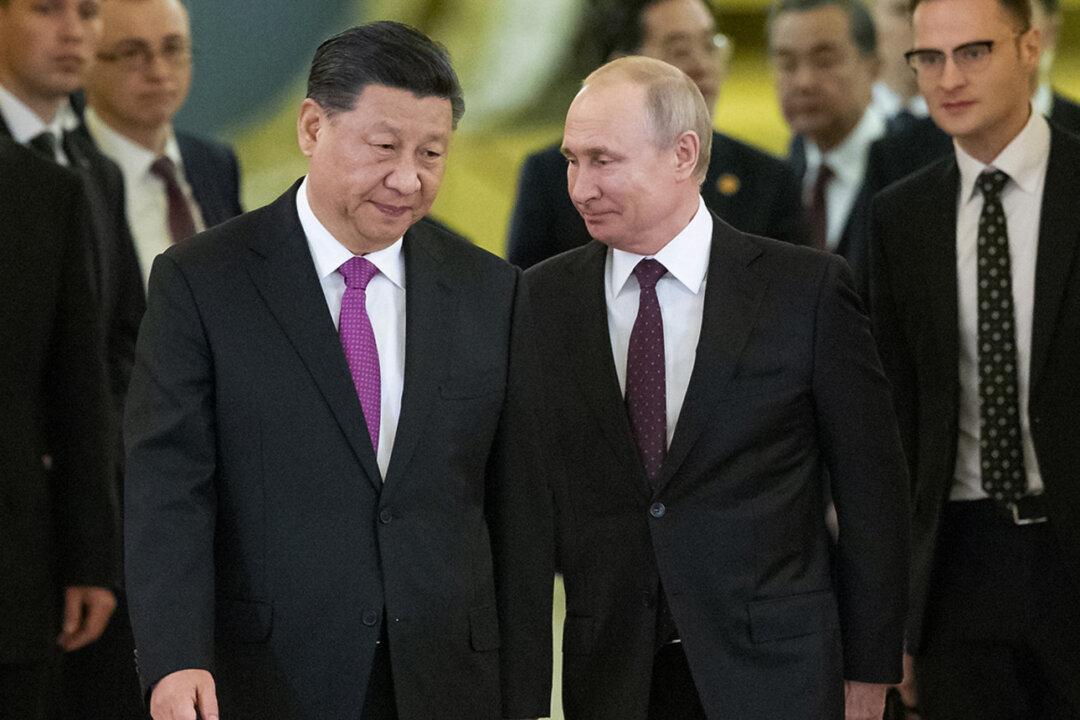Commentary
Russia is suspending its nuclear treaty with the United States while China’s top diplomat, Wang Yi, visits Moscow amid rumors of China possibly providing weapons to Russia for the war in Ukraine.

Russia is suspending its nuclear treaty with the United States while China’s top diplomat, Wang Yi, visits Moscow amid rumors of China possibly providing weapons to Russia for the war in Ukraine.